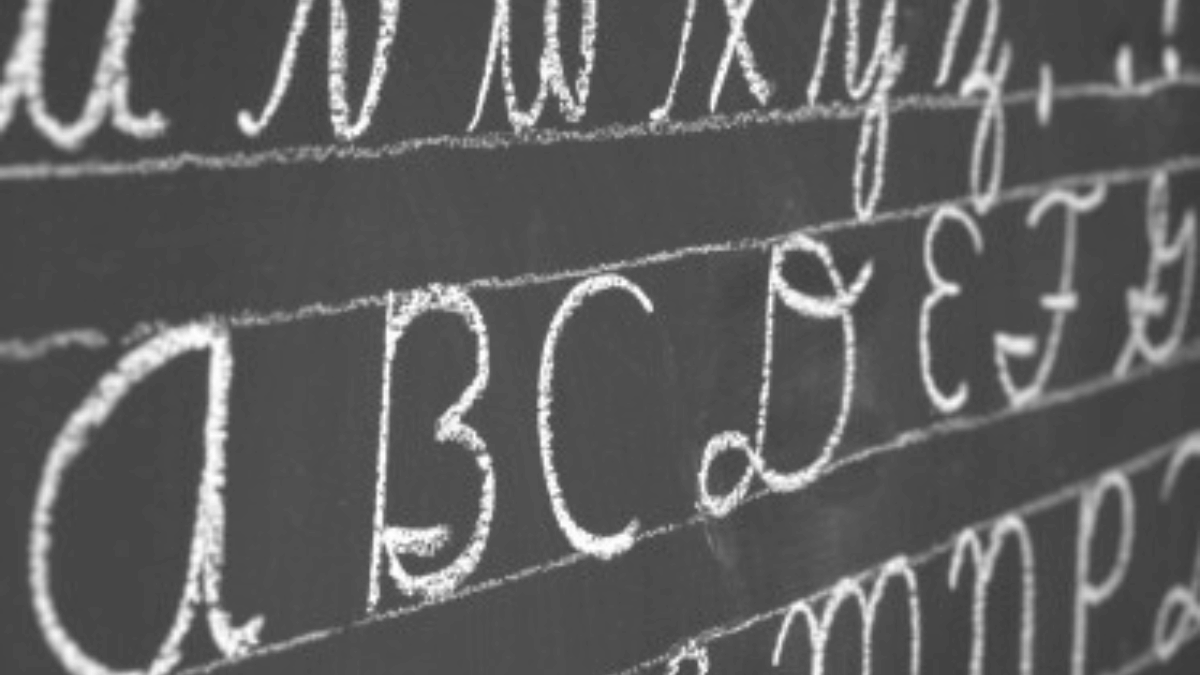Students from across the state participated in the 2024 West Virginia Social Studies Fair Wednesday. More than 500 students, ranging from third graders to high school seniors, presented their projects at the Charleston Coliseum and Convention Center.
Students are grouped into three divisions. Division One includes grades three through five, Division Two is for grades six through eight, and Division Three is for grades nine through 12.
Topics included anthropology, economics, political science, U.S. history, psychology and more.
Dustin Lambert, coordinator in the West Virginia Department of Education’s Office of Student Enrichment Programs, said the fair gives students an avenue to express their creativity and their joy for social studies they may not otherwise have.
“It’s really interesting to see their own interests and how that blossoms within them,” Lambert said. “I also find it fascinating that under the state and local category, we see projects related to very personal topics related to these students as it relates to their communities and even their families.”
One project that stood out to Lambert is from his home county of Pocahontas County.
“There’s this little guy that has a project on Cass Scenic Railroad and he is so incredibly proud of the research that he’s done,” he said “So much that Cass Scenic Railroad featured him on their Facebook page. As you can imagine, it just really did bolster the confidence of this young guy. He is super excited to be here.”
The projects are judged based on their oral and visual presentation – which can vary from a triboard poster to a multimedia presentation – as well as the project’s abstract.
“The abstract has certain questions that we ask of them through their research,” Lambert said. “What did you learn through your research? Where did you get your resources? How do you know those resources are credible? We’re not only allowing these students an opportunity to express themselves, but we want to make certain that they understand how to properly research and validate resources.”
Lambert said students had to first progress through school, county and regional fairs to present at Wednesday’s event.
“These students today had already been through three different rounds of judging, and this is their fourth round,” he said “As I relayed to them this morning, it’s a really big deal for these students who have made it to the states. So whether or not they place at the state level, personally, that’s kind of irrelevant to me. That they’ve made it this far as impressive enough.”
Amidst a renewed focus on English Language Arts and STEM topics in schools in recent years, Lambert said social studies remain important for students to understand the world around them.
“History is very, very important to the lives of our students, and especially in this polarized culture that we live in,” he said. “I think it’s very important that students are taught history, civics, economics, so they understand the full scope of our society, and I hope that that continues. I hope that the social studies fair promotes that it is allowed to be promoted in our counties.”
